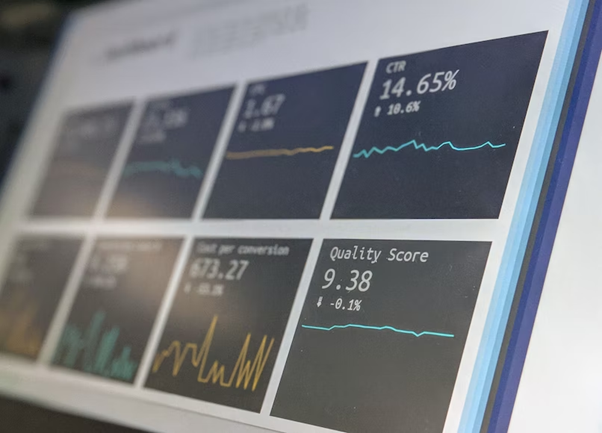Introduction
Trading or merchandising is now a prominent practice in wagering. You will most likely come across it in sports punting. The reason is not far-fetched. Stakes can fluctuate at a breakneck speed in sports wagering. It’s usually due to market changes. The best part of trading is that it allows merchants to take advantage of market inefficiencies.

We’re all emotional beings. So it’s a given that trading decisions cannot always be logical. Numerous emotional factors, such as greed and frustration, can influence punters. Both punters and merchants need to know how these factors work. In this way, they can make informed decisions and minimize losses. Our goal is to help you to familiarise yourself with the emotional factors that impact trading decisions. You will also learn to make smarter choices based on tactics rather than emotions.
What is Trading in Punting?
Trading in wagering is the process of purchasing and selling wagers. The aim is to make returns. In this case, the outcome of the activity being wagered on does not matter.
As stated earlier, the stakes of a certain event can fluctuate over time. Merchants can always earn lucrative returns when they buy and sell wagers at the right time.
For instance, a punter may wager on a specific squad to win. Later on, he/she may sell that wager at a higher rate if the winning chances of that team have increased.
In other words, trading in wagering is an avenue for gamesters to utilize market fluctuations and maximize returns.
Benefits of Trading in Punting
Trading in punting can provide many benefits. They include:

Discipline and Tactics
Trading in punting requires a certain level of tactics and discipline. With a sturdy sense of these combinations, you can set a budget. It means that you get to ascertain the amount that you’ve apportioned to trading before getting started. You know when to stop if the market is no longer in your favor. You also know when to capitalize on the market.
Hence, you can make smarter and more honest decisions in wagering when you hone these skills.
Enhanced Returns
As stated earlier, trading in wagering revolves around merchandising wagers to earn returns. If you have effective trading tactics, you might strike it lucky.
Access to many markets
As a merchant, you need large markets to grow. Trading in punting widens your horizons. You get to explore several wagering markets more than traditional wagering. This can boost your chances of securing lucrative wagers.
Risk management
Another benefit of trading in punting is that it can help you to salvage monetary losses. You can minimize your exposure to losses when you purchase and sell wagers.
Enhanced control
The benefits of trading in wagering are incomplete without enhanced control. It means that this system gives you the luxury to manage your wagers directly. In this case, you’re both the umpire and the participant. You can always purchase and sell wagers at any time.
Emotional Factors that Influence Trading Decisions

Emotions impact our trading decisions. Let’s explore some of the emotional factors that impact our trading decisions.
Greed
There’s this desire that comes with almost everyone out there. It’s the desire to grow or improve. Either way, money is always involved. If you let greed influence your actions as a trader, you will make irrational decisions. Hence, the urge to earn more money can lead to fat loss. Or it may require you to take unnecessary risks.
Overconfidence
Overconfidence is synonymous with greed. The striking difference between the two boils down to security. An overconfident trader makes impulsive decisions based on a false sense of security. On the other hand, a greedy trader makes decisions with or without security. He/she is only drawn by base impulses and instincts.
If you’ve had a winning streak in the past, you may likely venture into unwarranted risks.
Frustration
Frustration happens when things fall far below expectations. It can lead to engaging in unpalatable risks. Or you may become delusional and try to recoup losses at all costs.
Fear of Loss
As far as trading in punting is concerned, fear is a two-way street. It can either cause you to shy away from risks or embrace unnecessary risks.
Tips for Managing Emotions in Trading
It’s not enough to get acquainted with the emotional factors that impact trading decisions. You need to know how to manage these emotions. Here are some hacks to help you to get through them.
- Craft a trading plan.
- Set realistic goals.
- Practice self-control.
- Keep a trading journal.
- Take intentional breaks from trading.
Please visit TheTrader to learn more about these emotional factors and how to work around them.
Conclusion
It’s important to take note of these emotional factors to achieve success in trading. You can achieve this by setting solid goals and tactics. Keeping a trading journal will also go a long way in providing long-term benefits. Discover the emotional factors that impact your trading decisions today! Know how to manage them. You’d be glad that you did.
